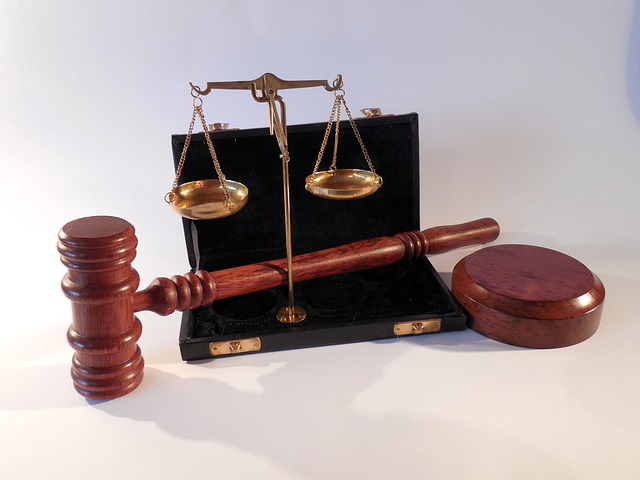Immigration Lawyers Aren't Being Allowed To Use Electronic Devices In Court, And It's Hurting Clients

When immigration attorney Jeremy McKinney arrived at the Charlotte, North Carolina, immigration court earlier this month, he was in luck - the court was running late, and the judge hadnât yet started the dayâs proceedings.
McKinney pulled out his iPad, hoping to use the extra few minutes to review a few citations he planned to use as part of that dayâs asylum hearing.
But before McKinney could even start up his tablet, a guard stopped him. She said, ââOh no, you canât have on any electronic devices,ââ McKinney recalled. The guard added that the only way McKinney could use his device was if the judge gave him permission â after the proceedings had begun.
McKinney was taken aback: Not only was there a 2015 Department of Justice rule explicitly giving him the right to use his iPad, but the government attorney, seated at the prosecutorâs table just a few feet away, was busily typing away on her laptop, its Ethernet cord snaking down the table into the wall.
When McKinney pointed this out, he said, the guard remained resolute. ââOh, well sheâs a government attorney.â Those were her exact words,â McKinney recalled.
Frustrated, McKinney turned to the government attorney, who he said shrugged it off.
McKinneyâs story is the latest skirmish in a decades-long fight by immigration lawyers to establish a level playing field in the often murky world of the nationâs immigration courts, where technical disparities are having real-world consequences for asylum-seekers. According to the American Immigration Lawyers Association, 90% of its members have reported having cases negatively impacted by a lack of internet access.
And immigration lawyers said that not only has the new administration largely ignored their concerns, but that they worry things could get worse as Attorney General Jeff Sessions and Homeland Security Secretary John Kelly push to scale back the number of asylum applications granted every year.
Unlike traditional federal courts, immigration courts arenât actually part of the judiciary, but are instead operated by the Department of Justice, and technically considered administrative bodies.
As a result, they donât operate under the same constraints as federal courts. For instance, petitioners appearing before the courts arenât guaranteed legal representation, and normal rules of due process donât apply. Additionally, not only does DOJ write the rules governing immigration courts, but it employs the judges. The government lawyers work for DHS.
And that, McKinney said, âleads to a system that at a minimum seems stacked against the respondents appearing before the court, and of course at worst it literally is stacked against them.â...
The information provided on this site is for general information purposes only. Nothing on this or associated pages, documents, comments, answers, emails, or other communications should be taken as legal advice. Information provided does not constitute a lawyer referral service, and no attorney-client or confidential relationship is or should be formed by use of the site. The attorney listings on the site are paid and unsolicited attorney advertisements.
